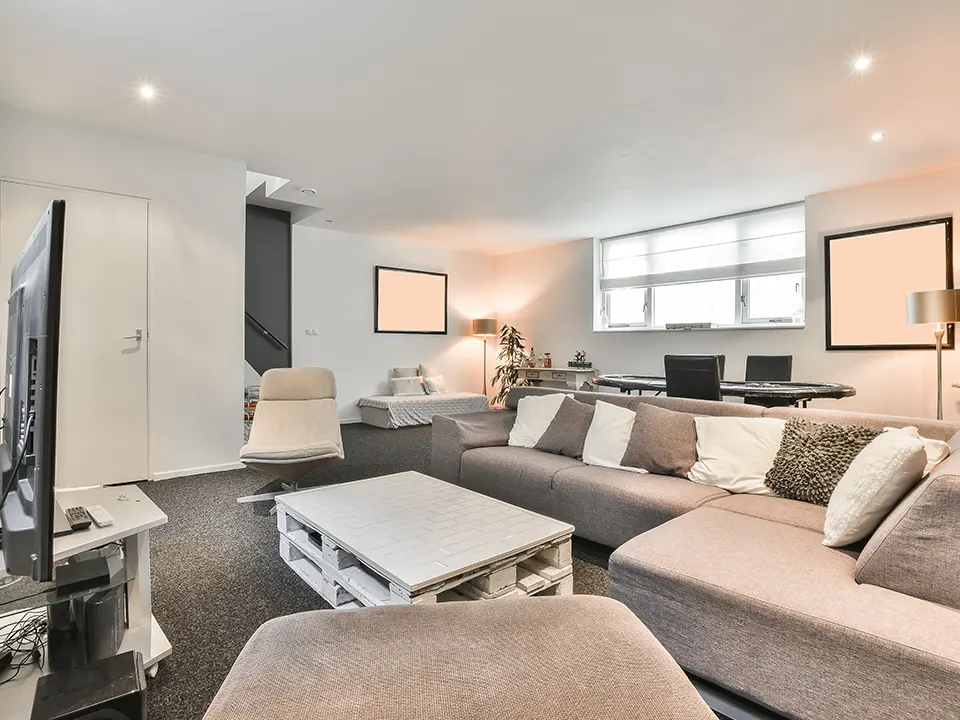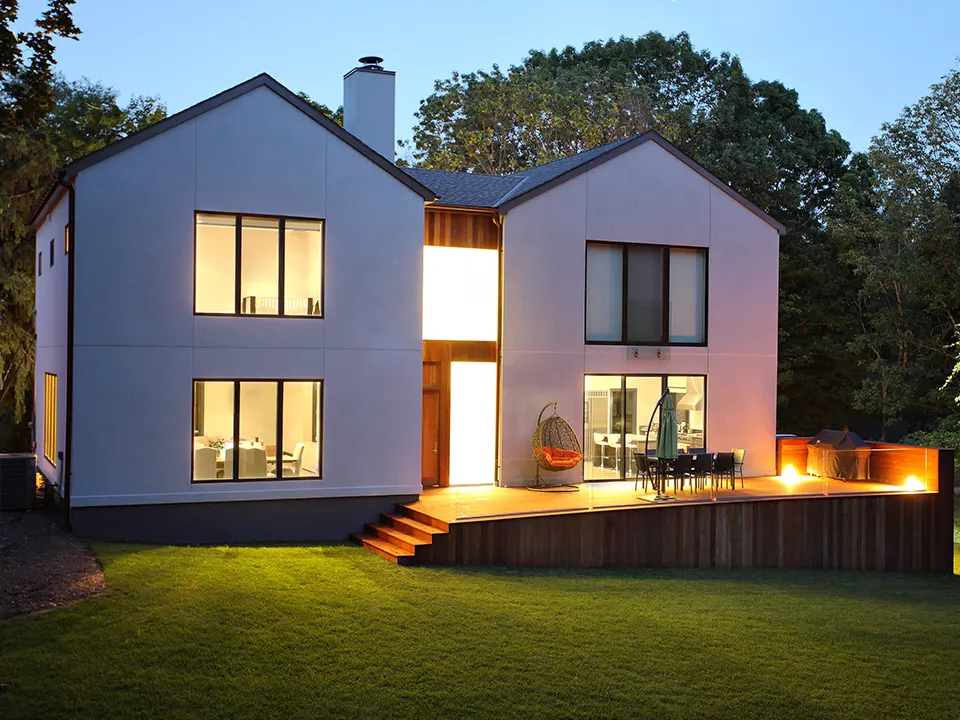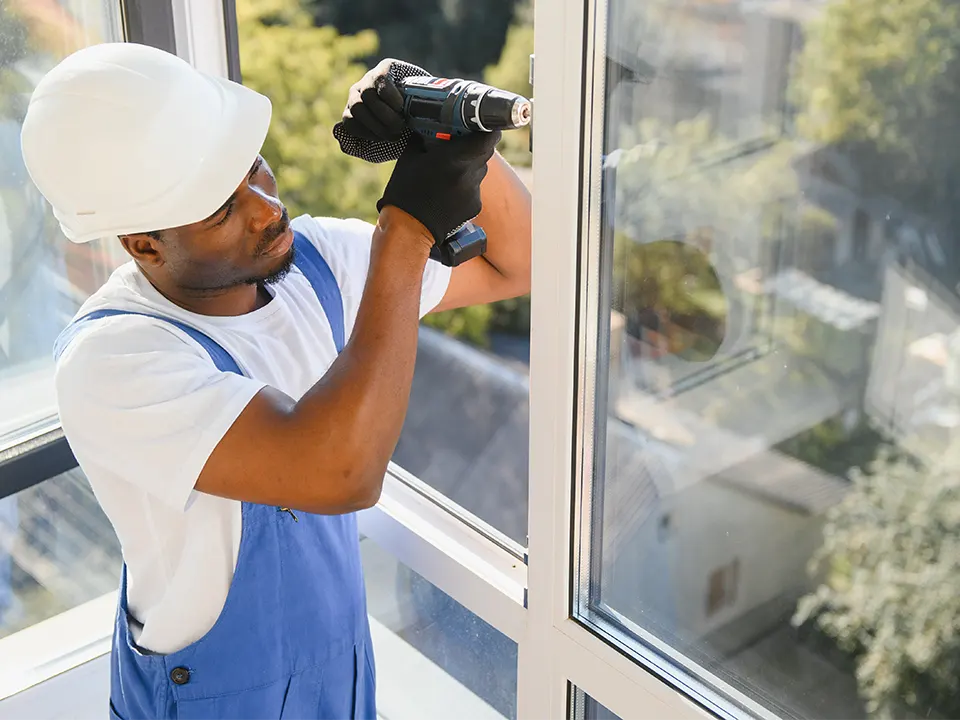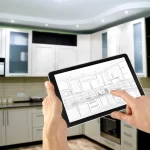
Kitchen Remodels That Increase Home Value: What to Consider
October 17, 2024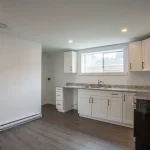
Mortgage Refinancing for Secondary Suites: A Game-Changer for Homeowners
December 18, 2024Creating energy efficient homes is more important than ever. As people become more aware of their impact on the environment, they’re looking for ways to build homes that save energy and cut costs. This blog will show you how to make your custom home more energy efficient, using simple strategies and technologies.
What Are Energy Efficient Homes?
Energy efficient homes are designed to use less energy while keeping you comfortable. They save money on utility bills and are more environmentally friendly as they lower greenhouse gas emissions. The goal is to use smart design and materials to lower energy needs, which means less impact on the planet and more savings for you.
Designing for Efficiency
The design of your home is the first step in making it energy efficient. One important factor is how the house is positioned. By placing your home to get the most natural light, you can decrease the need for artificial lighting. Good window placement can also help with natural ventilation, which lowers the need for heating and cooling.
The floor plan matters too. Open spaces allow air to move freely and reduce the amount of space that needs to be heated or cooled. A compact design helps by decreasing the building envelope, which means less heat loss and gain.
High-Performance Insulation and Materials
Insulation is key to energy efficiency. High-performance insulation like spray foam or cellulose keeps the home air-tight, preventing heat from escaping in the winter and entering in the summer. This helps keep indoor temperatures steady and reduces the strain on heating and cooling systems.
Building materials also play a role. Low-E glass windows reduce heat transfer, keeping your home’s temperature stable. Insulated concrete forms (ICFs) and advanced framing techniques enhance the building envelope, improving energy performance.
Energy-Efficient Systems and Appliances
Choosing the right systems and appliances is crucial. For heating and cooling, high-efficiency heat pumps and air conditioners can provide comfort while using less energy. These systems, often energy star certified, use less electricity but perform very well.
Lighting is another important factor. Transitioning from traditional incandescent bulbs to LED lights can save a lot of energy. Smart lighting systems that adapt based on occupancy and natural light further improve energy efficiency.
When selecting appliances, look for energy star certified models. These appliances use less energy, which means lower utility bills and a smaller carbon footprint.
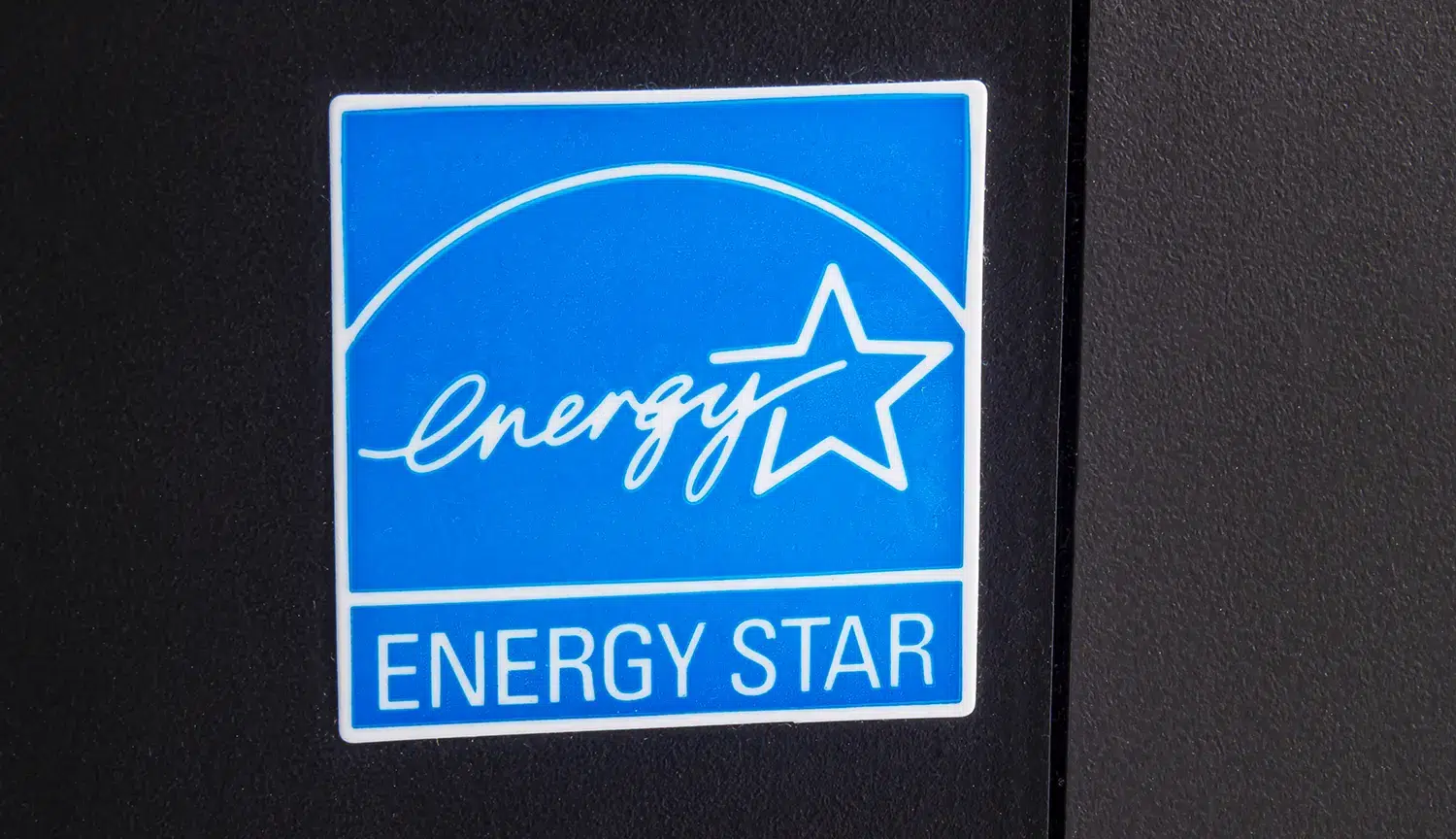
Renewable Energy
Adding renewable energy sources to your home can cut down on reliance on non-renewable power. Solar panels are a popular option, turning sunlight into electricity and potentially covering a large part of your home’s energy needs. Solar panels are a cost-effective way to reduce greenhouse gas emissions depending on where you live and how much energy you use.
Other renewable options include wind turbines and geothermal systems. Though not as common as solar panels, they offer additional ways to make your home more energy efficient.
Smart Home Technology
Smart home technology can boost energy efficiency. Programmable thermostats and smart heating systems let you control your home’s temperature more precisely. By adjusting settings based on when you’re home and the time of day, these systems help save energy.
Home automation systems can also manage energy use efficiently. They let you monitor and control various aspects of your home’s energy use, keeping everything running smoothly and maintaining an air-tight, efficient environment.
Water Efficiency
Water efficiency is also part of energy efficiency. Installing low-flow fixtures and water-saving appliances reduces water use and the energy needed to heat water. Systems that collect and use rainwater can further cut down on water consumption, contributing to overall energy efficiency.
Keeping Efficiency Over Time
Building an energy efficient home is just the start. Regular maintenance is important to keep systems working well. Checking insulation, HVAC systems, and appliances regularly ensures they continue to perform efficiently.
Energy audits can help identify areas for improvement. By evaluating how your home uses energy, you can find and fix inefficiencies to keep your home’s energy performance at its best.
Embrace Energy Efficiency
Maximizing energy efficiency in custom home builds involves careful planning and choosing the right materials and systems. By focusing on energy efficiency, homeowners can enjoy lower utility bills, less environmental impact, and a more comfortable living space. Embracing energy efficiency is not only good for the planet but also saves money and improves your quality of life.At Valleywide Custom Builders, we’re committed to building high energy efficient homes that make a difference. Contact us today to start creating a greener, more efficient home.

